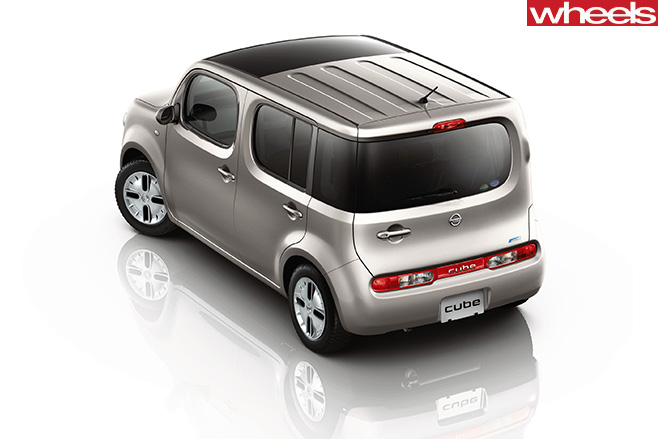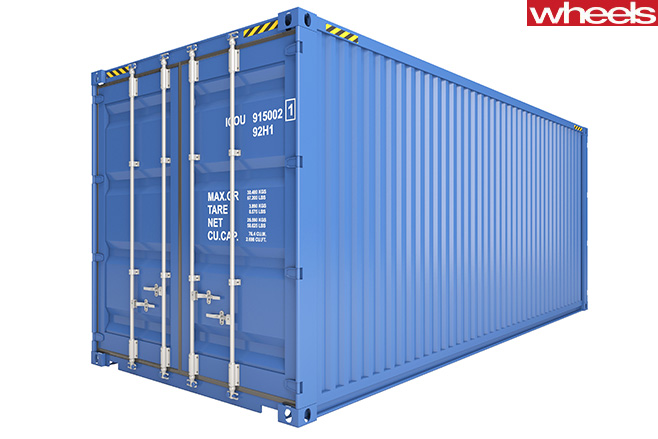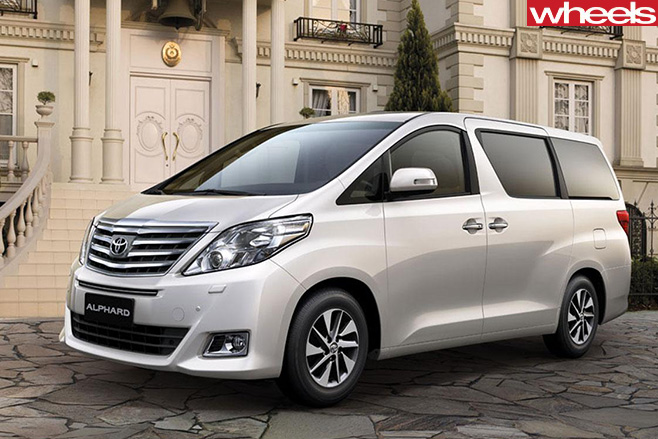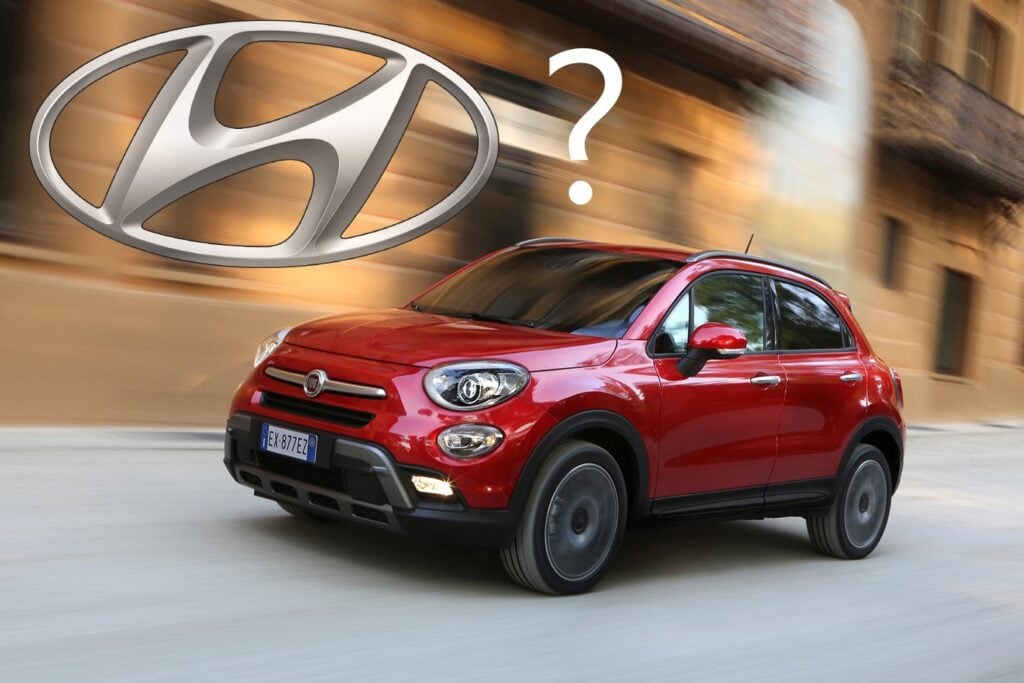THE automotive industry today slammed the Federal Government’s announcement that it plans to allow the private importation of new and near-new vehicles from Japan and the UK from 2018.
A media release from Major Projects Minister Paul Fletcher promised “more choice” and “less red tape” with planned reforms to importation laws that will allow consumers “to personally import a new car or motorcycle from another country with comparable standards to Australia’s, up to once every two years, if specified conditions are met”.
The reforms will allow buyers to privately import vehicles less than 12 months old and with fewer than 500km travelled from 2018, straight after the late-2017 end of local automotive manufacturing.

“People thinks these cars are the same around the world and they are not,” said Weber. “They are not built for Australian conditions, especially when it comes to fuel [compatibility].”
He called for more details and regulation regarding those vehicles being privately imported, which the government estimates at about 30,000 annually.
“We certainly hope the government will put some identifiers on these vehicles so people in the second-hand market will realise these vehicles are not built for Australian conditions.”

“There will be an online database … and there will be a requirement for every vehicle to be on that database,” he said.
Minister Fletcher conceded there were significant risks with buying a car directly from overseas or as a secondhand vehicle in Australia.
“There are some factors you’ll have to consider if you go down this path that you don’t need to consider if you go to a dealer in Australia,” he said.
“There are some risks and issues with this path, so it’s not going to be a path probably that the great majority of people will take. But for a particular sector of consumers it will offer them a choice and they will accept the greater responsibility.
“You won’t have the benefit of warranty protection in Australia, so what you’ll need to do is go to an insurance company to get a warranty.

Carmakers claim the laws – to be introduced into Parliament late in 2016 – could expose consumers to financial and safety risks and potentially leave them with expensive repair bills and cars with poor resale values.
Worse, they could buy a stolen or poorly repaired vehicle.
Mazda Australia managing director Martin Benders described the government announcement as a “backflip” and one that puts consumers at risk, particularly with different emissions standards.
“Cars are not like other products … let’s say you import a Euro 6 [emissions standard] car out of Europe and use our 100 parts-per-million-suphur fuel; degradation from the fuel will occur quite quickly.”

In some cases, sourcing spare parts could be difficult because existing dealerships may not stock subtly different components.
Benders said the potential savings buyers gained by parallel importing “will be a non-saving [by the time they service and sell the car].”
BMW described the announcement as “disappointing” and one that raised more questions than it answered.
“An unrestricted market is a real issue for the consumers because you’re removing those checks and balances … warranty, backup and support, safety standards and recalls,” said BMW Australia corporate affairs director Lenore Fletcher.

However, Minister Fletcher said the government would use its database to monitor global recalls
“The notification will be done by the Australian government then you’ll need to make your own arrangements as to where you go to get the work done,” he said.
“What we think will happen, in the usual way a market will develop from this; if there’s a recall that applies to a number of vehicles that have been imported under this scheme then there will be automotive workshops that will, for a price, do the work that needs to be done.”

“Privately imported vehicles will not enjoy the protection of Australian consumer law – these consumers will be on their own,” he said. “You’ll be buying a car on the internet that could be stolen, under finance, written off … and you’ll have no redress at all under consumer law.”
Porsche Australia director of public relations, Paul Ellis, said the “the government’s approach of buyer beware is not good enough”.
“There is no question that the consumer will be exposed,” he said. “They will have a car not fit for Australian conditions and its provenance – by that I mean its integrity – can’t be guaranteed.”

“How can a consumer tell if the motor car is genuine? it might be a stolen vehicle; we know in the UK there is a market for stolen vehicles to send abroad, so that opens up a new market for stolen vehicles to come into this country.”
McCarthy said the regulatory changes would largely benefit “fat cat cars” with vehicles priced into the hundreds of thousands of dollars.
“This will benefit the top end of town.”
Car makers have been campaigning against the luxury tax for years – cars are the only vehicle slugged with a luxury tax – and argue if the government wants to make expensive cars cheaper, the luxury tax on cars should go.
– with Alex Inwood





